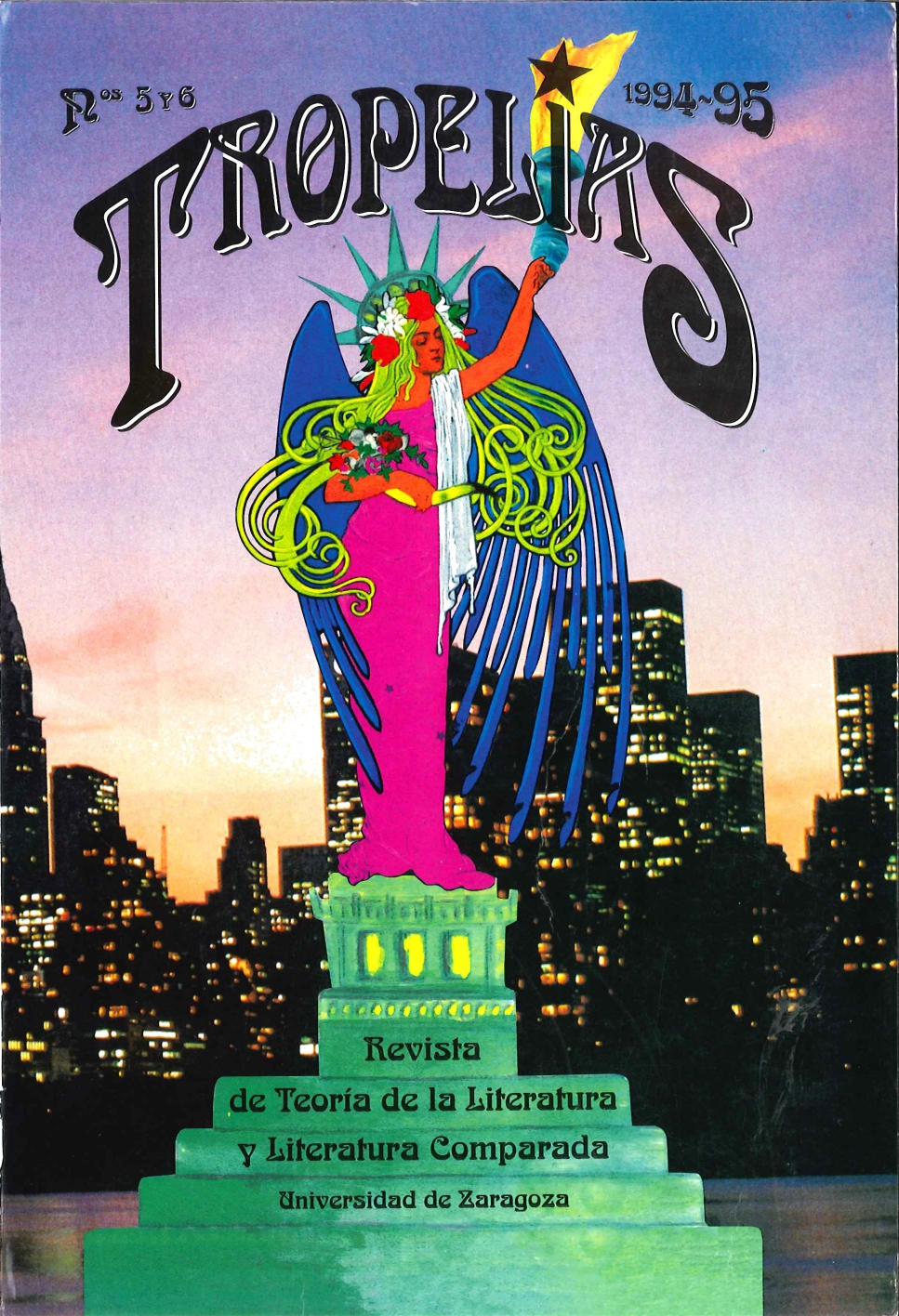The duality of cuIture in Iuri Lotman's work
DOI:
https://doi.org/10.26754/ojs_tropelias/tropelias.19955-65579Keywords:
Iuri Lotman, philosophy of historyAbstract
This paper attempts to delimit the place that would occupy Lotman's theory of culture in relation to modern philosophy. For this purpose, it considers as its central ideas, in first place, the role of art in racionalist societies, and, in second place, the philosophy of history, or, rather, that which receives that name, that is, the Hegelian philosophy of history. The paper emphasizes, on the one hand -and opposite to racionalist unconcem about art's truth-, Lotman's valuation of the literary art's truth or content; on the other hand, it underlines the difference between Lotman's concept of dynamism and Hegel's concept of dialectics. The importance that Lotman gives to the simultaneity of different cultural codes on a same literary text is wielded as example of his resistance to the concept of "overcoming" in art. The categories of Hegelian historicism would not be useful to describe phenomena of cultural simultaneity which Lotman explains with concepts as creolization and half-breedness. A posterior comparison between Lotman's and Freud's interpretations of culture -linked by and identical concem for the remains of past- allows to explain some aspects of the dynamic theory of culture such as the Russian thinker reformulated it in his last works.
Downloads
Downloads
Published
How to Cite
Issue
Section
License
Copyright (c) 2021 Sultana Wahnón

This work is licensed under a Creative Commons Attribution 4.0 International License.
Los artículos enviados a la revista Tropelías deben ser originales e inéditos, no publicados previamente en cualquier soporte. Únicamente se aceptará material publicado total o parcialmente con anterioridad, o que esté en proceso de evaluación en otra revista, si se hace constar la causa de tal duplicación y se facilita la fuente donde ha aparecido dicho artículo.
Las imágenes que se incluyan en los artículos estarán libres de derechos de reproducción y, en caso contrario, los autores deberán presentar los permisos para su publicación y asumir los pagos derivados de ello.
Los artículos y reseñas publicados en la revista Tropelías pueden ser incluidos en repositorios temáticos o institucionales desde el momento de su publicación, sin modificación alguna e indicando claramente su procedencia.


